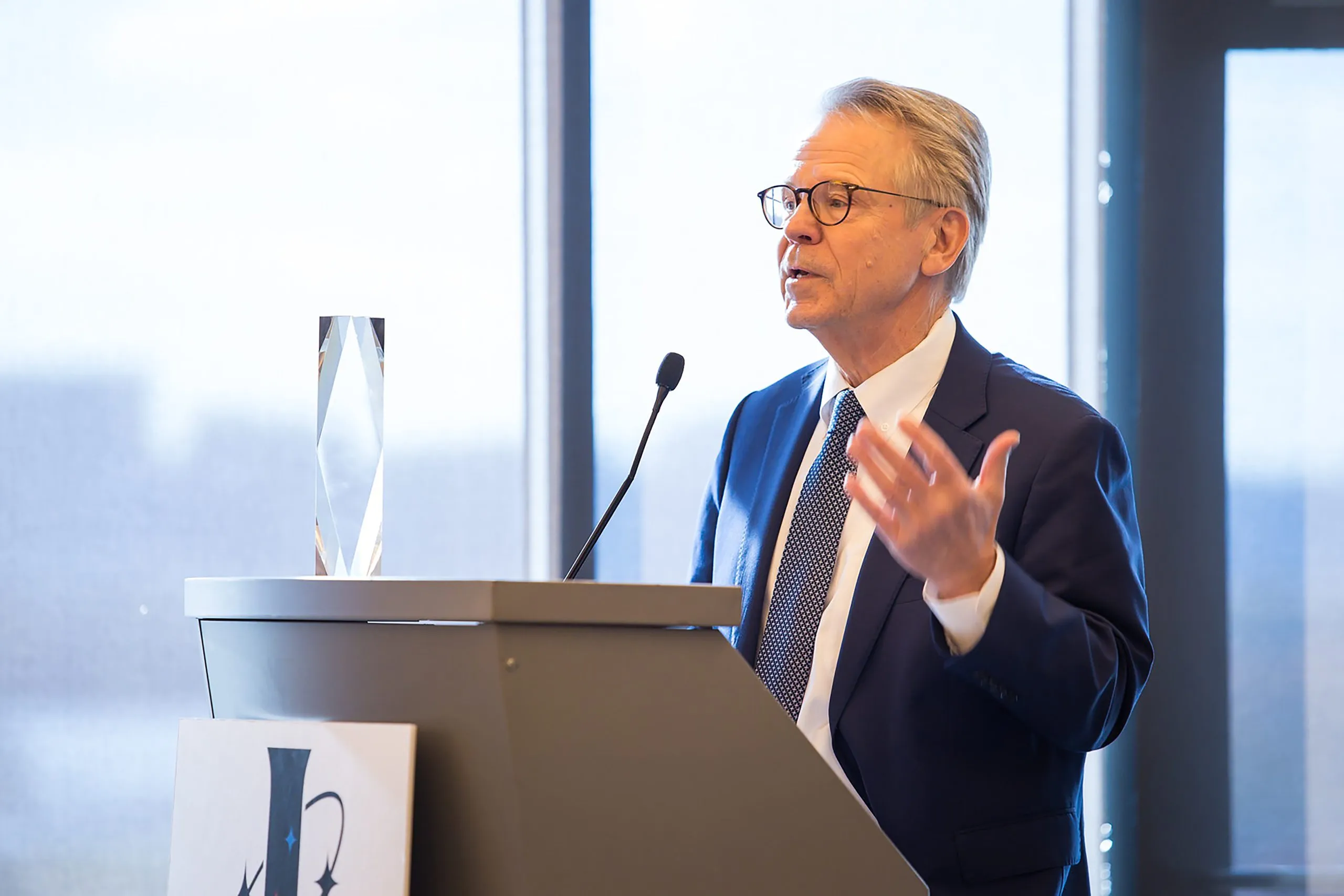Copyright Reuters

SAO PAULO, Nov 6 (Reuters) - As world leaders gather in Brazil for the COP30 climate talks, the business and finance leaders they are hoping will bankroll the fight against global warming are thousands of miles away on the other side of the country – by design. Many of the executives who attended recent U.N. climate summits in Baku, Dubai, Sharm el-Sheikh and Glasgow have clustered this week in the business center of Sao Paulo, rather than jockeying for hard-to-find hotel rooms in the smaller Amazonian city of Belem hosting this year’s November 10-21 summit. Sign up here. With Brazil’s blessing, finance-focused conferences run by third-party hosts have drawn thousands of registrants from around the world. Most of the two dozen who spoke with Reuters said they had no plans to visit Belem, where heads of state are expected at a leaders' summit on Thursday and Friday before COP30 negotiations get started next week. "It's complicated to get there, much more difficult logistically, and I think it's better here," said CFO Walter Mattaliano of Hydnum Steel, a South Korean company seeking financing for a green steel project. Borge Brende, president and chief executive of the World Economic Forum, would have preferred for COP30 events to be in one city but was pleased by the activity in Sao Paulo, calling it "probably the business capital of Latin America.” COP30 has been billed as an “implementation COP” that will focus on taking action to fulfil past pledges, rather than haggling in political negotiations over new pledges. In that context, business leaders said, it should not be a problem for Belem to have a smaller business presence. "What matters most isn't whether business leaders are in the same room as negotiators, it's whether they're taking action back home," said David Kennedy, who heads an initiative called Science Based Targets that helps companies set ambitious plans. More than 11,000 companies have set or committed to setting emissions-cutting targets in line with what climate scientists say is needed to stem the rise in global temperatures, Kennedy said. The number of net-zero commitments has tripled since late 2023, driven by engagement from firms in Asia and Latin America. Business leaders still have big demands, with several groups issuing a letter on Monday urging more ambitious national policies to drive demand for green innovation. PUSH TO SCALE GREEN SKILLS Recent U.N. reports show the world is far behind in its effort to limit climate change – with temperatures set to blow past 1.5 degrees Celsius of post-industrial warming around 2030 and continue rising up to as much as 2.5 C. On the plus side, another report on Tuesday indicated momentum for cutting emissions from industrial companies, which are responsible for around a quarter of global emissions, with more than 1,000 projects now in development. "Building on the leadership of many companies around the world, governments and investors have a unique opportunity to turn today's plans into plants, which together will make up tomorrow's global clean industrial economy," said Faustine Delasalle, chief executive of the non-profit Mission Possible Partnership. Skills useful for the green energy transition continue to lag demand according to LinkedIn data shared exclusively with Reuters. The analysis, comparing skills sought by companies with those shared by workers in eight countries, suggested that finance, technology and logistics were among sectors facing the biggest knowledge gaps. "This gap will not close without urgent, coordinated action on training. We need a whole-of-economy response, from governments, industry and educators, to embed green training at the core of every climate and business plan," said Sue Duke, LinkedIn's global vice president of public policy. Reporting by Simon Jessop; Editing by Nia Williams



